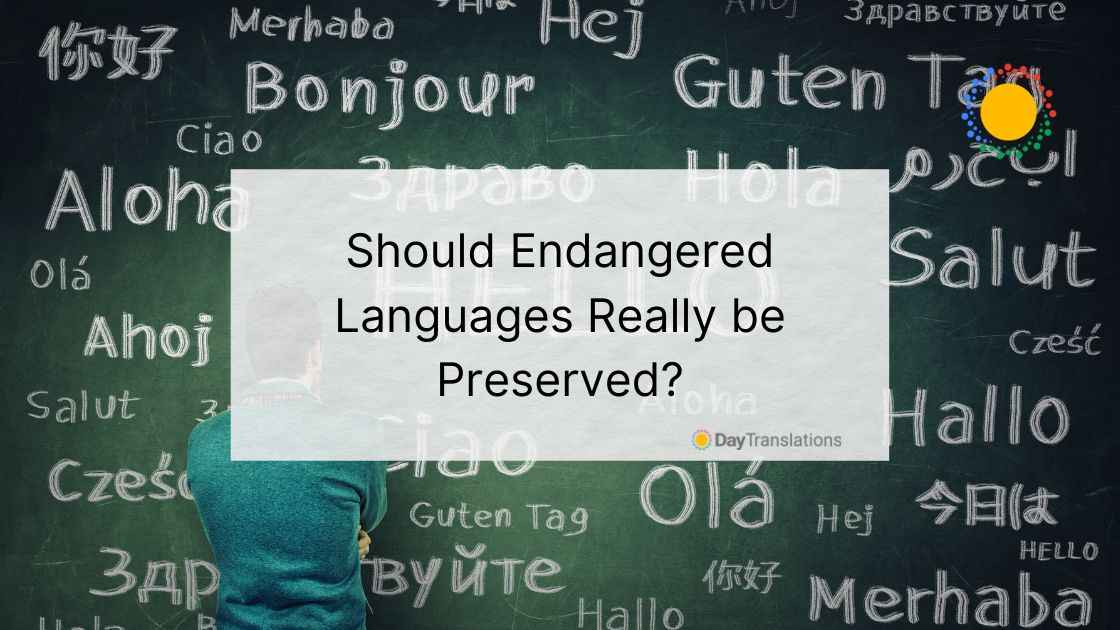There is a rapid increase in the death of some languages due to the fact that there are no more known native speakers of the language. In fact, there were some languages that have recently gone extinct as they were not passed on to the younger generation. There were also those who lived in remote areas and could hardly be reached by people doing preservation efforts. Therefore, hundreds upon thousands of languages are currently tagged as endangered. In short, without the right preservation efforts, these languages could be extinct soon. The question is, should these endangered languages really be preserved?
Advantages of Language Preservation
As the saying goes, “language is a mirror of our culture.” By understanding the language of a particular culture, people learn a lot about them. Therefore, with the death of a language, a lot of other important cultural aspects come with it. In saving a language, a huge part of a culture’s integrity is preserved.
Furthermore, preserving a language would provide a clue to the future generation of what life is like in the past. Had our ancestors made efforts to preserve the languages they have used in the past, we would not have spent a huge amount of time unlocking the meanings of what they have written. Of course, we all know how important history is. We can only look forward to a bright future when we know how to look back to a rich past. When scientists were able to crack the Mayan languages as well as the hieroglyphics in Egypt, they have learned a lot about the people’s way of life. A lot of other mysteries were answered eventually.
Learning a new language has also been found to be successful in challenging one’s mind. Therefore, the future generation will be able to learn more and maximize their potentials the moment they start learning different languages. When there are fewer languages that were preserved, these younger generations will become stagnant and less productive. Yes, it is natural for a language to die, but with the current technology in place, preserving it has become a lot easier.
The Hidden Down Sides of Language Preservation
Though it seems like language preservation should be done at all costs, it has in fact been criticized. Skeptics believe that the presence of thousands of languages only allow division amongst people. If the world starts to adapt to a single language, then it becomes easier to understand each other. There will also be no barriers that will hinder people from communicating well wherever they may be.
Furthermore, language preservation has become a political tool in certain areas. For instance, there is a place that has two endangered languages, but can only have one leader. Whoever takes the position will try to do everything to eradicate the other and let the language where he came from sustain. This eventually becomes a vicious cycle. As a result, people have only become more divided.
When it comes to unlocking history or preserving languages for academic purposes, it is totally understandable. However, if the move is driven by a political motive, then it becomes more detrimental. Besides, efforts to launch preservation campaigns cost a lot, with only very minimal returns. There is even no guarantee that the right words are being preserved and understood. Instead of preserving the identity of a particular tribe, it has become even more tarnished.
Whatever the best decision in the end is, as long as it is for the interest of humanity in general, it must be done.












Sorry, the comment form is closed at this time.